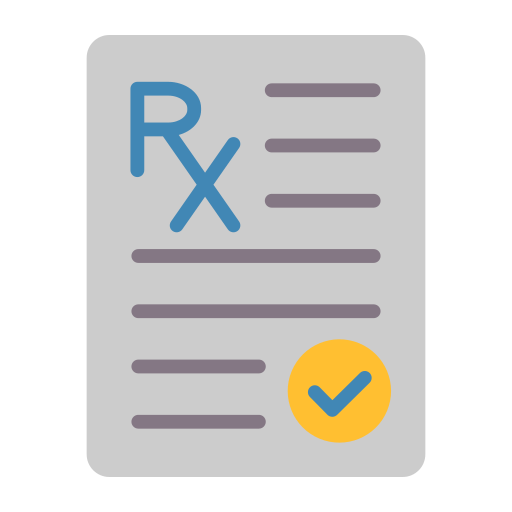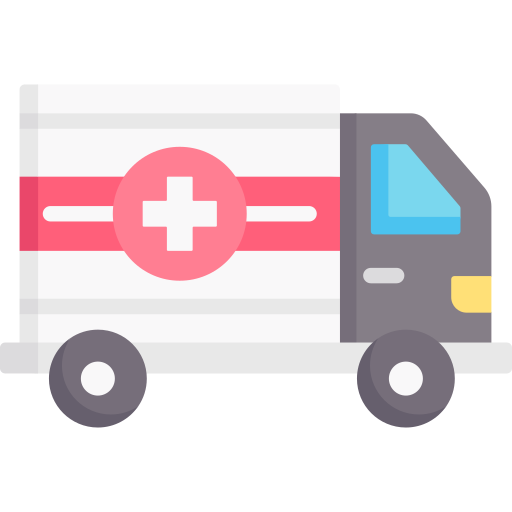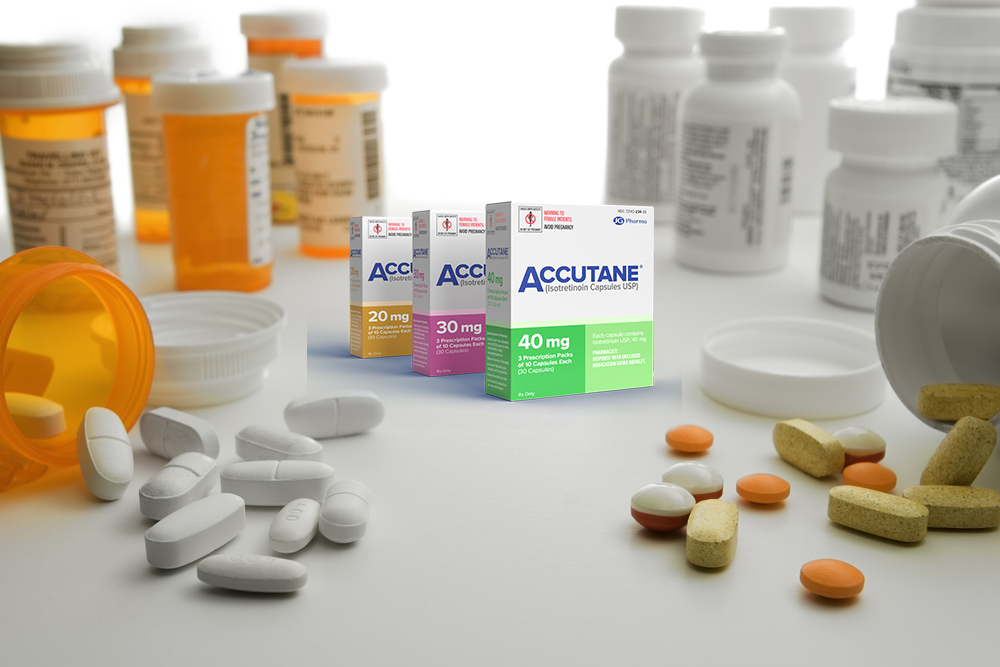There is a drug called Accutane (Isotretinoin) as the best treatment of skin rash and other skin diseases.. It is also produced in the form of capsules. The pills contain 2.5, 5, 10, or 20 mg of active substance – Isotretinoin. Each capsule of Accutane includes 10 or 20 mg of active substance. The drug also contains additional ingredients.

How to Legally Get Accutane (Isotretinoin) Online
 |
1. Complete a Secure Online Consultation Fill out a confidential medical intake form through our HIPAA-compliant platform. Your responses are reviewed by a licensed U.S. healthcare provider who evaluates whether treatment is appropriate based on your symptoms and health history. |
 |
2. Get a Legal Prescription from a Licensed Provider If approved, the provider issues a valid prescription in accordance with U.S. telehealth regulations. Our network includes board-certified clinicians registered to prescribe medications online where permitted by law. |
 |
3. Receive FDA-Approved Medication at Your Doorstep Your prescription is sent to a certified U.S. pharmacy. The medication is then discreetly packaged and delivered directly to your home no in-person visits or pharmacy lines required. |
 |
Begin Your Treatment with Isotretinoin |
How to Buy Accutane Online with Legal U.S. Prescription Approval
To legally buy Accutane (Isotretinoin) online in the United States, patients must follow a highly regulated process enforced by the U.S. Food and Drug Administration (FDA) through the iPLEDGE Risk Evaluation and Mitigation Strategy (REMS) program. Isotretinoin is classified as a high-risk medication due to its severe teratogenic effects (birth defects if used during pregnancy), and its distribution is strictly controlled. All patients-regardless of how the prescription is obtained, including via telehealth services-must first register in the iPLEDGE program along with their prescribing physician and dispensing pharmacy. For patients who can become pregnant, this process includes mandatory monthly pregnancy tests, documentation of using two forms of birth control, and educational counseling about the risks.
Only after these requirements are met can a licensed U.S. provider issue a valid prescription, which must be filled at an iPLEDGE-certified pharmacy. Online services offering Accutane without this process are considered illegal and unsafe. The FDA warns consumers to avoid websites that bypass the iPLEDGE system, as doing so violates federal regulations and poses serious health risks.
Principle of Action
Accutane is actively used for the treatment of skin rash. The use of this medication allows you to achieve such results: reduce the thickness of superficial skin layer. During application, retinoic ointment Isotretinoin produces a slight irritating effect on the cells of the stratum corneum. Due to this, they peel and exfoliate. This reduces the thickness of this part of the epidermis, which opens the pores. This prevents the formation of fat plugs and provides a comedolytic effect. Accutane successfully dissolves the substance of fat plugs, which clog the pores of the dermis. This contributes to the clearance of skin from acne, allowing you to prevent their resurgence and reduces the activity of sebaceous glands. One of the main factors that leads to the emergence of acne is an increased function of the sebaceous glands. Their channels open up to the clearance of the hair follicles, located in the pores of the dermis. An increase in the synthesis of sebum leads to the blockage of pores.
Accutane (Isotretinoin) normalizes the function of the sebaceous glands, which provides the reduction of their secretion. To achieve positive results, you should wait for at least 4 weeks. That’s why it is so important to be patient. In the first 1-2 weeks, there is a risk of exacerbation of acne. You don't need to worry, as this is a normal reaction to the drug.
Indications
Indications for use can be different – everything depends on the form of the drug: Tablet form is used for the treatment of difficult types of nodular-cystic acne (especially those located on the body). Rectal suppositories are prescribed for the therapy of severe recurrent forms of rash. Another indication for their use is rash, accompanied by seborrheic process. External forms – gel or ointment – are used for the treatment of papulopustular acne, pink rash, perioral dermatitis, and seborrhea.
Features of Use
The capsules of Accutane (Isotretinoin) should be taken with food. You can take the daily amount of the drug at a time or divide it into several intakes. Initial dose of Isotretinoin is 0.5 g a day. For some time, you must use the maximum dose of medication, which is calculated as follows: 1 mg per 1 kg of weight. After that, you need to take a low dosage of Isotretinoin: 0.1 mg per kg of weight. Duration of therapy is 16 weeks. 8 days after the end of treatment, you should undergo a repeated course of treatment.
In case of rectal use, you should take the drug in the following amount: 0.5-1 mg per 1 kg of weight. Do this in lying position once a day before bed. Duration of treatment is 8-12 weeks. Take a break for 1-2 months between treatment courses. The ointment should be applied locally (to the affected areas) twice a day. In such a situation, duration of therapy is 4-6 weeks. During the treatment with Accutane, you have to control the liver and monitor the content of lipids and glucose. Women of reproductive age must use protection (not only during the therapy, but also 4 weeks before the beginning and after the end of treatment).
Contraindications
Accutane (Isotretinoin) has a number of contraindications. These include the following: excess of vitamin A in the body; hypersensitivity to active substances of the drug; severe forms of functional disorders of the liver and kidneys; mixing with the antibacterial drugs from the tetracycline group; rectal pathologies; severe hyperlipidemia; pregnancy; lactation. Local forms of the drug must not be used during pregnancy and breastfeeding. Another contraindication is planning of pregnancy. Patients with overweight, lipid metabolism disorders, depression in the anamnesis, chronic pancreatitis, alcoholism and diabetes should use the drug with caution.
Side Effects
Most often, Accutane provokes the following side effects: excessive dryness of mucous membranes and skin, itching, allergic rash, dermatitis; face erythema, cheilitis, excessive sweating; peeling of soles and palms, paronychia, nail dystrophy; headaches, and dizziness; sickness; impaired vision in the dark, hearing loss, photophobia; increase of erythrocyte sedimentation rate, anemia, neutropenia, thrombocytopenia; nasal bleeding; increased blood sugar; pain in the joints.
In less frequent cases, there is a risk of vasculitis, high sensitivity of the dermis to light and thinning hair. Such patients complain of depression, convulsive syndrome, and increased intracranial pressure. Sometimes, the use of Accutane medication leads to colitis, gastrointestinal bleeding, elevated liver enzymes, and hepatitis. In case of these side effects, you should reduce the dose of Isotretinoin or completely withdraw from using the drug. External use of the product can cause hyperemia, skin peeling, and allergy. If you use the ointment for a long time, there is a risk of developing conjunctivitis or cheilitis.
Frequently Asked Questions



